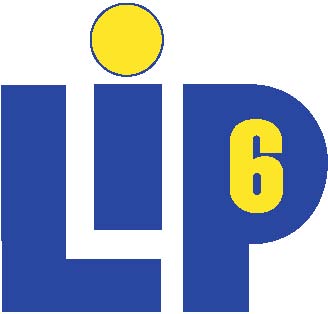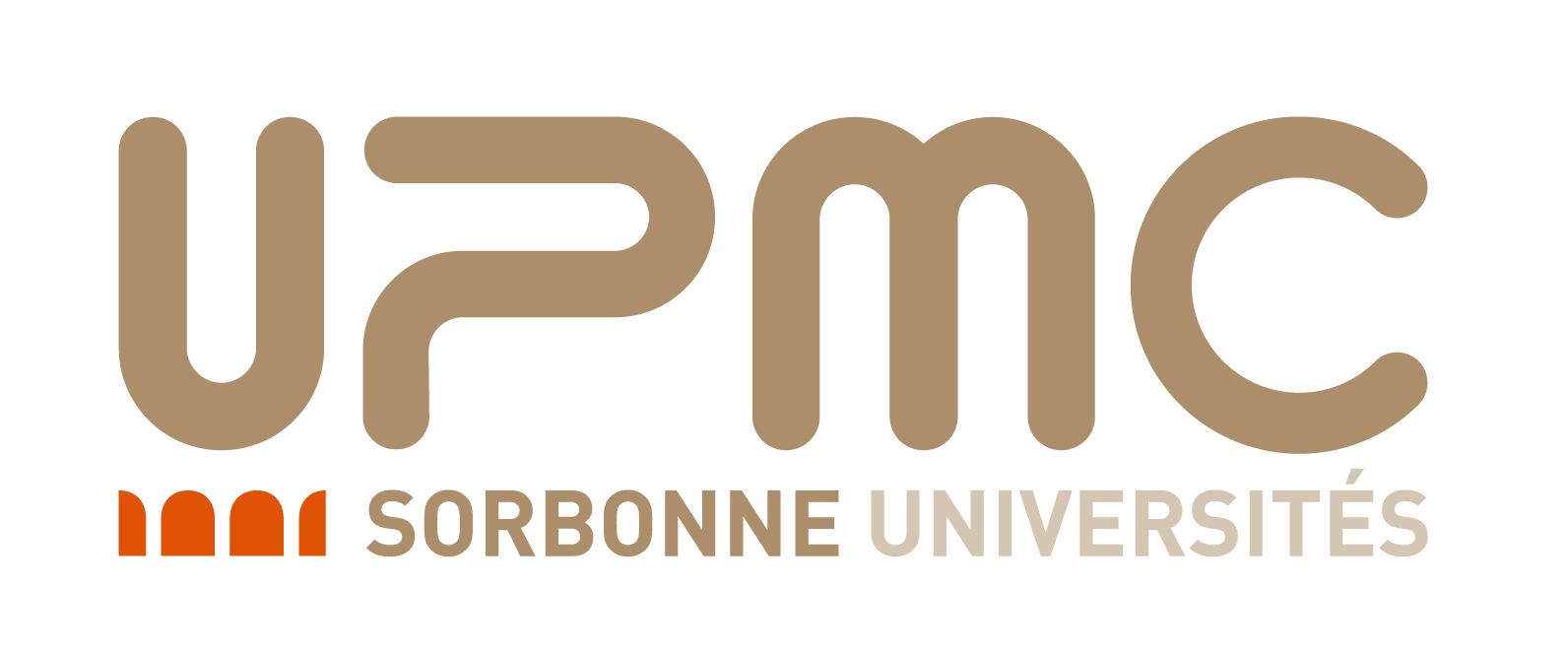There will be five workshops at PODC 2014 covering a wide spectrum of topics:
- Adaptive Resource Management and Scheduling for Cloud Computing (ARMS-CC)
- Realistic models for Algorithms in Wireless Networks (WRAWN)
- Distributed Software-Defined Networks (DSDN)
- Theoretical Aspects of Dynamic Distributed Systems (TADDS)
- Workshop on the Theory of Transactional Memory (WTTM)
The topology workshop originally planned for PODC 2014 has been moved to the celebration of Maurice Herlihy and his work. Please join us there.
Adaptive Resource Management and Scheduling for Cloud Computing (ARMS-CC)
July, 15, 2014
Organizers:
- Florin Pop (florin.pop@cs.pub.ro)
- Maria Gradinariu Potop-Butucaru (maria.gradinariu@lip6.fr)
Cloud Computing concerns large-scale interconnected systems and it has the main purpose to aggregate and to efficient exploit the power of widely distributed resources. Resource Management and Task Scheduling plays an essential role, in cases where one is concerned with optimized use of resources. The ubiquitous networks are highly dynamic distributed systems so the changes in overlay are frequent. On the other hand, the Cloud systems are highly dynamic in its structure because the user requests must be respected as an agreement rule. When ubiquitous networks become clients for Cloud systems new algorithm for events and tasks scheduling and new methods for resource management should be designed in order to increase the performance of such systems. The adaptive methods used in context are oriented on: self-stabilizing, self-organizing and autonomic systems; dynamic, adaptive and machine learning based distributed algorithms; fault tolerance, reliability, availability of distributed systems.
As a major goal of the workshop is to explore new directions and approaches for reasoning about resource management in Cloud Computing based on adaptive methods, and to encourage the submission of ongoing work, as well as position papers and case studies of existing verification projects. Also, the workshop offers a forum for both academics and practitioners to share their experience and identify new and emerging trends in this area.
The scope of the workshop includes, but is not limited to:
- Foundational Models for Resource Management in Cloud
- Distributed Scheduling Algorithms
- Load-Balancing and Co-Allocation
- Dynamic, Adaptive and Machine Learning based Distributed Algorithms
- Self-* and Autonomic Cloud Systems
- Cloud Composition, Federation, Bridging, and Bursting
- Cloud Resource Virtualization and Composition
- Fault Tolerance, Reliability, Availability of Cloud Systems
- Cloud Workload Profiling and Deployment Control
- Cloud Quality Management and Service Level Agreement (SLA)
- High Performance Cloud Computing
- Mobile Cloud Computing
- Green Cloud Computing
- Cloud Computing Techniques for Big Data
- Scheduling Algorithms for Big Data
ARMS-CC workshop would be of interest to the PODC community because it highlights the consideration of self-* improvements, which is explicitly focused on resource utilization and combines local and global enforcement solutions, supports the estimation of resources needed, scalability, mobility, reliability, and fault tolerance.
Realistic models for Algorithms in Wireless Networks (WRAWN)
July 15, 2014
Organizer:
- Magnús M. Halldórsson (mmh@ru.is)
Wireless computing has been treated in the algorithm and theory community for a long time. Nearly all of that large body of research, however, has been in graph-based models that over-simplify the properties of the wireless medium, including signal attenuation, and additivity. The engineering community, on the other hand, has focused on physical models, such as the SINR model, that captures reality with greater fidelity, but that research often ignores the algorithmic and complexity issues involved.
In recent years, efforts have been afoot to meld the two approaches to capture the best of both worlds: combine rigorous worst-case analysis of algorithms with increasingly more realistic models. This workshop series is an attempt to further the progress of these efforts by bringing together researchers from different directions, as well as to introduce these emerging topics to young researchers.
Co-locating the workshop with PODC is particularly relevant in light of the subject matter – which is inherently distributed – and the community involved.
Distributed Software-Defined Networks (DSDN)
July 15, 2014 (morning)
Organizers:
- Stefan Schmid (stefan@net.t-labs.tu-berlin.de)
- Petr Kuznetsov (petr.kuznetsov@telecom-paristech.fr)
The goal of the workshop is to provide a forum where the PODC and the networking community can meet and learn from their respective fields. In particular, we plan to focus on the novel paradigm of software defined networking (SDN) and related new distributed computing problems.
Theoretical Aspects of Dynamic Distributed Systems (TADDS)
July 15, 2014 (afternoon)
Organizers:
- Lélia Blin (lelia.blin@lip6.fr)
- Yann Busnel (Yann.Busnel@univ-nantes.fr)
TADDS has its focus on the dynamic aspects of distributed systems, encompassing systems in existence today and looking into the future development and deployment of dynamic distributed systems, with sound theoretical foundations in mind. Distributed systems are rapidly evolving, and the advent of new classes of applications and technologies, such as VANET, Airborne Networks, Social Networks, Smart Environments, P2P, broad area supercomputing, and distributed cloud services, is radically changing the way we think about them. Dynamic distributed systems have structures that are self-defined at any instant by entities that might autonomously decide to participate in the same distributed application. These systems are characterized by dynamic arrival and departure of participating entities and normally it may not be possible to assume anything about the universe of participants, their identities, capabilities, or reliability. Understanding the fundamentals of how to master this dynamic dimension is of primary importance to design of robust, dependable, and predictable distributed systems.
For you information, you can take a look at the 2013 workshop: http://www.disc-conference.org/wp/tadds2013/.
Workshop on the Theory of Transactional Memory
The Workshop on the Theory of Transactional Memory is a forum to foster exchanges, discussions, and disseminations among researchers on theoretical challenges and recent achievements in the context of speculative concurrent computing with emphasis on transactional memory.
Transactional memory (TM) is a programming paradigm that appears promising for simplifying concurrent programming. This abstraction raises several challenges in the way we view synchronization as well as in the way we implement it. A major goal of the workshop is to explore new directions and approaches for reasoning about transactional memory.















